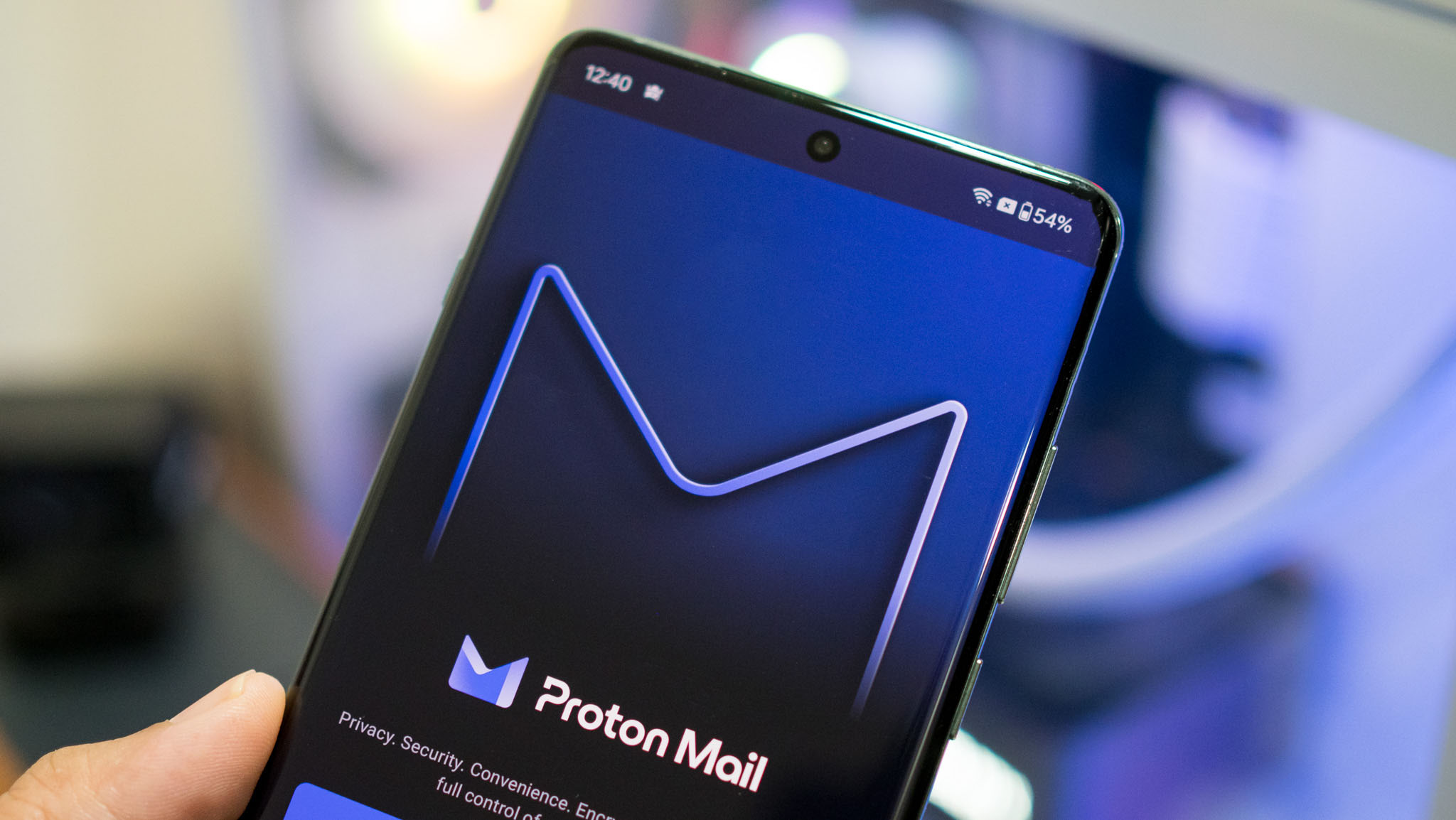Indian government moves to ban ProtonMail after bomb threat
A ProtonMail account was used to send bomb threats to schools in the region, so the government wants to ban the service outright.

What you need to know
- The Indian government's Information Technology ministry issued an order to block ProtonMail in the region.
- The move comes after a bomb threat was sent to schools in Chennai via a ProtonMail account.
- ProtonMail is still active in the country as of writing, but it remains to be seen if that will continue to be the case.
ProtonMail is the best choice if you want an end-to-end encrypted email platform, and the nature of the service means it is inevitably used by bad actors. On February 8, a bomb threat was sent to 13 schools in Chennai, a city in the state of Tamil Nadu in southern India. The threat turned out to be a hoax, and the Tamil Nadu police found that the email was sent via a ProtonMail account.
Unable to trace the IP address of the sender and failing to get assistance from Interpol, the Tamil Nadu police put in a request to India's Ministry of Electronics and Information Technology to block access to ProtonMail within the country, according to Hindustan Times. That request was granted today, with the government authority issuing an order to block the service in the region.
The enforcement will be carried out by the Department of Telecommunications, which will likely entail delisting ProtonMail from the App Store and Play Store. That said, the website is still working as of writing, and the app is listed on both storefronts. This isn't the first instance where the Indian government went after the Swiss-based Proton AG. Proton VPN pulled its servers out of the country following a controversial 2022 ruling by the Indian government mandating providers to maintain usage logs.
As for the ProtonMail ban, Proton AG sent a statement to Hindustan Times that it was working with the government over the issue. "We are currently working to resolve this situation and are investigating how we can best work together with the Indian authorities to do so. We understand the urgency of the situation and are completely clear that our services are not to be used for illegal purposes. We routinely remove users who are found to be doing so and are willing to cooperate wherever possible within international cooperation agreements."
The issue is that Proton AG didn't hand over the IP address to Indian authorities. As the email provider told Hindustan Times, it cannot do that under Swiss law: "Proton cannot answer directly to foreign law enforcement authorities, but Swiss authorities may assist foreign authorities with requests, provided they are valid under international assistance procedures and determined to be in compliance with Swiss law”
The government's move is in line with a recent policy that has targeted services with end-to-end encryption. A host of encrypted apps were blocked at the start of last year — including the likes of Threema, Element, Wickrme, and Safeswiss — and the government is going after WhatsApp to disable end-to-end encryption, although it isn't clear how that would even work.
Proton AG clearly agrees with that sentiment, as it said this to HT: "We condemn a potential block as a misguided measure that only serves to harm ordinary people. Blocking access to Proton is an ineffective and inappropriate response to the reported threats. It will not prevent cybercriminals from sending threats with another email service and will not be effective if the perpetrators are located outside of India."
Be an expert in 5 minutes
Get the latest news from Android Central, your trusted companion in the world of Android
I'll share an update once there are more details, but if you use ProtonMail in India, there's a good chance that the service may be inaccessible.

Harish Jonnalagadda is Android Central's Senior Editor overseeing mobile coverage. In his current role, he leads the site's coverage of Chinese phone brands, networking products, and AV gear. He has been testing phones for over a decade, and has extensive experience in mobile hardware and the global semiconductor industry. Contact him on Twitter at @chunkynerd.
